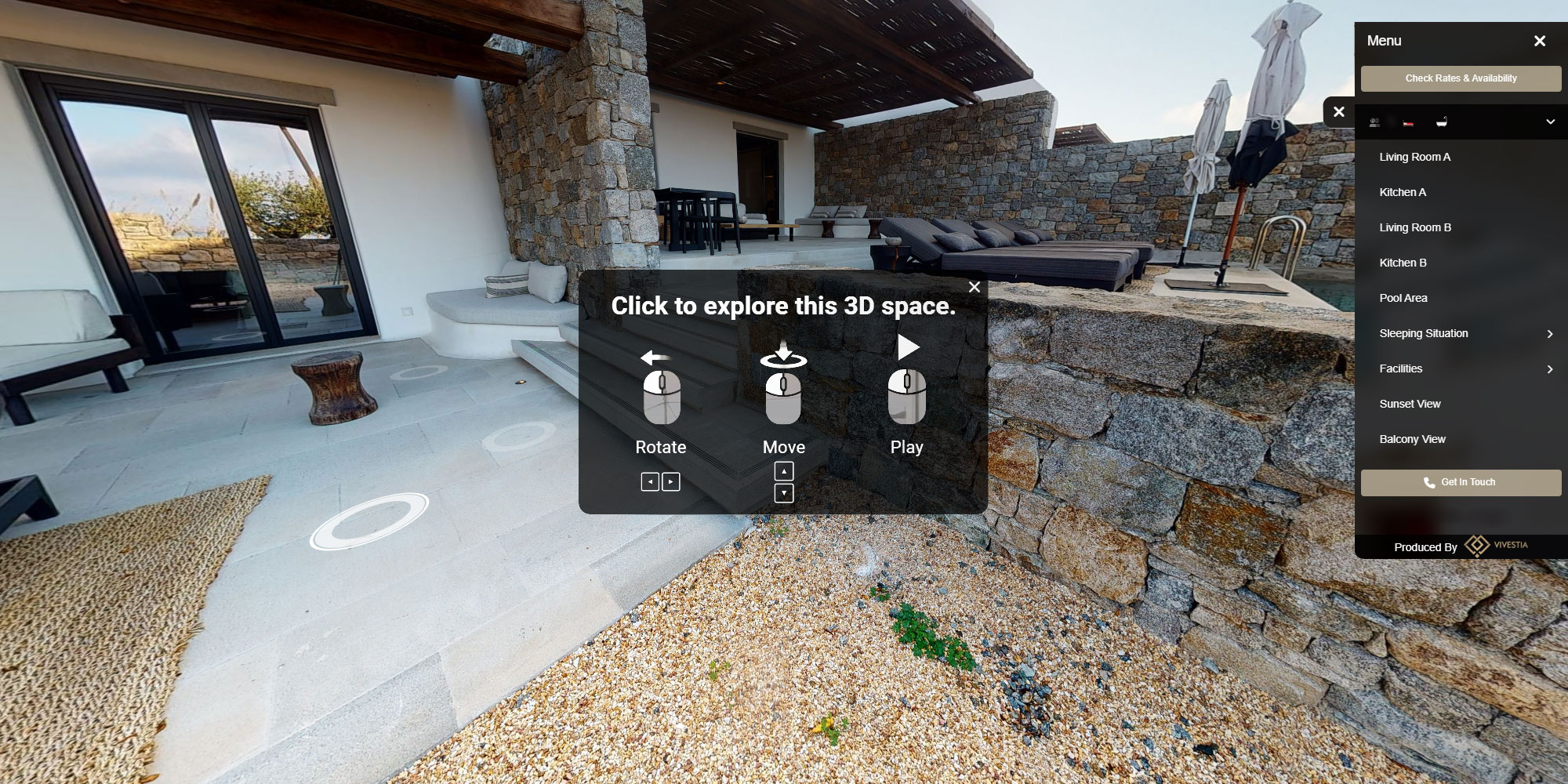Navigating the World of Hotels: The Power of Visual Search
Related Articles: Navigating the World of Hotels: The Power of Visual Search
Introduction
In this auspicious occasion, we are delighted to delve into the intriguing topic related to Navigating the World of Hotels: The Power of Visual Search. Let’s weave interesting information and offer fresh perspectives to the readers.
Table of Content
Navigating the World of Hotels: The Power of Visual Search

In the digital age, travel planning has become a seamless and intuitive experience, thanks in large part to the integration of powerful search tools. Among these, hotel search with map functionality stands out as a game-changer, empowering travelers to visualize their potential accommodations within the context of their desired destination. This article delves into the intricacies of this technology, exploring its benefits, functionalities, and implications for both travelers and the hospitality industry.
Understanding the Power of Visual Search
Hotel search with map functionality is not merely a visual aid; it is a powerful tool that leverages the intuitive nature of human perception. By overlaying hotel listings onto a map, it enables users to instantly grasp crucial information:
- Location: The map serves as a visual representation of the destination, allowing users to pinpoint the exact location of hotels in relation to landmarks, attractions, and transportation hubs. This eliminates the need for abstract descriptions and provides a clear understanding of the hotel’s proximity to points of interest.
- Proximity: The visual representation of distance on a map fosters a sense of immediacy and allows users to make informed decisions based on their travel preferences. For instance, a traveler seeking a hotel near the beach can quickly identify options within walking distance, while those prioritizing proximity to the city center can easily find hotels in the heart of the action.
- Neighborhood Exploration: The map facilitates a deeper understanding of the surrounding area. Travelers can explore nearby restaurants, shops, and attractions, gaining valuable insights into the character and amenities of the neighborhood. This allows for a more holistic travel experience, going beyond the confines of the hotel itself.
- Visual Comparison: The map allows for side-by-side comparison of different hotels, providing a clear visual representation of their relative locations and proximity to key points of interest. This visual comparison simplifies the decision-making process, enabling users to identify the best option for their needs.
Key Features of Hotel Search with Map
Modern hotel search engines equipped with map functionality offer a plethora of features designed to enhance the user experience and facilitate informed decision-making:
- Interactive Maps: These maps allow users to zoom in and out, pan across the destination, and explore different areas with ease. The interactive nature of the maps provides a dynamic and engaging experience, fostering a sense of exploration and discovery.
- Customizable Filters: Users can refine their search by applying various filters, such as price range, star rating, amenities, and specific hotel brands. This allows for tailored results that align with individual travel preferences and budget constraints.
- Hotel Details: Clicking on a specific hotel marker on the map reveals detailed information, including photographs, descriptions, amenities, guest reviews, and booking options. This comprehensive information empowers users to make informed choices based on their specific needs and expectations.
- Street View Integration: Some search engines offer integration with street view functionality, allowing users to virtually explore the immediate surroundings of a hotel. This immersive experience provides a realistic glimpse into the hotel’s location and environment, further enhancing the decision-making process.
- Route Planning: Advanced features include route planning capabilities, allowing users to calculate travel time and directions from their current location or from a chosen point of interest to the hotel. This streamlines the travel process and ensures a seamless transition from planning to execution.
The Impact of Hotel Search with Map
The integration of map functionality into hotel search engines has revolutionized the travel landscape, impacting both travelers and the hospitality industry in profound ways:
For Travelers:
- Increased Efficiency: The ability to visually search and compare hotels significantly reduces the time and effort required to find suitable accommodations. This streamlined process empowers travelers to focus on other aspects of their trip planning.
- Enhanced Decision-Making: The visual representation of location and proximity allows for more informed decision-making, ensuring that travelers choose hotels that meet their specific needs and preferences.
- Greater Flexibility: The ability to explore different neighborhoods and compare hotels side-by-side provides travelers with greater flexibility in their accommodation choices.
- Improved Travel Experience: By providing a comprehensive understanding of the destination and surrounding areas, map functionality enhances the overall travel experience, empowering travelers to make the most of their time and resources.
For the Hospitality Industry:
- Increased Visibility: Hotels that utilize map functionality gain increased visibility in search results, attracting a wider audience of potential guests.
- Improved Conversion Rates: By providing a clear and intuitive search experience, map functionality can lead to higher conversion rates, as travelers are more likely to book hotels that are visually appealing and easily identifiable.
- Targeted Marketing: Map functionality allows for targeted marketing efforts, enabling hoteliers to reach specific demographics based on their location preferences and travel interests.
- Data-Driven Insights: The data collected through map-based search can provide valuable insights into travel trends, allowing hoteliers to optimize their operations and marketing strategies.
FAQs about Hotel Search with Map
Q: How accurate are the maps used in hotel search engines?
A: The maps used in reputable hotel search engines are based on high-quality data sources and are generally highly accurate. However, it is always advisable to verify the location of a hotel using multiple sources, especially for less well-known destinations.
Q: Can I use hotel search with map functionality on my mobile device?
A: Yes, most hotel search engines are optimized for mobile devices and offer map functionality that is seamlessly integrated into the user interface. This allows for convenient search and booking on the go.
Q: Are there any limitations to using hotel search with map functionality?
A: While hotel search with map functionality is a powerful tool, it is important to note that it relies on data input and may not always reflect real-time conditions. For instance, construction projects or temporary road closures may not be immediately reflected on the map.
Q: What are some tips for using hotel search with map functionality effectively?
A:
- Define your search criteria: Before starting your search, clearly define your budget, travel dates, and desired amenities to ensure that your results are relevant to your needs.
- Explore different neighborhoods: Don’t limit your search to a single area. Explore different neighborhoods to discover hidden gems and find the best value for your money.
- Read reviews and ratings: Once you have identified a few potential hotels, read reviews and ratings from previous guests to gain further insights into the hotel’s quality and service.
- Consider the time of year: Travel demand and pricing can vary significantly depending on the time of year. Factor in seasonal factors when making your decision.
Conclusion
Hotel search with map functionality has become an indispensable tool for both travelers and the hospitality industry. By leveraging the power of visual search and providing a clear and intuitive user experience, this technology empowers travelers to make informed decisions, explore new destinations, and optimize their travel planning. As technology continues to evolve, we can expect even more innovative features and functionalities to emerge, further enhancing the travel experience and revolutionizing the way we interact with the world of hotels.





.png)

-p-1080.png)
Closure
Thus, we hope this article has provided valuable insights into Navigating the World of Hotels: The Power of Visual Search. We appreciate your attention to our article. See you in our next article!